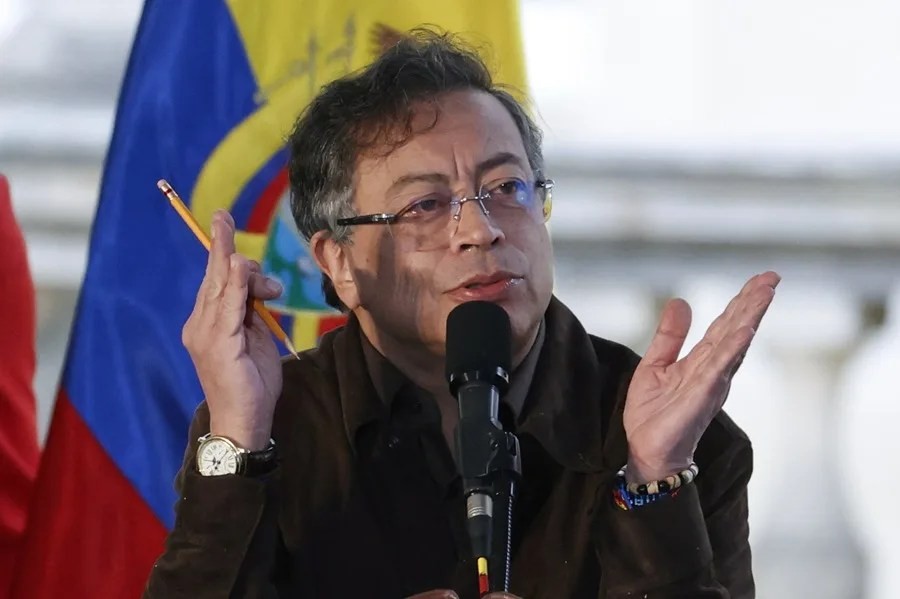Colombia-U.S. Diplomatic Rapprochement: A Tentative Step Amid Deep Discord
After harsh accusations from President Trump labeling Colombia a narcotics hub, a recent diplomatic dialogue signals a cautious thaw—but can this fragile engagement protect American interests and uphold sovereign law enforcement?

Last night, Colombian President Gustavo Petro engaged in a prolonged and candid discussion with John T. McNamara, the chargé d’affaires of the U.S. Embassy in Bogotá, seeking to navigate the turbulent waters of a recent diplomatic crisis between the two nations. This dialogue, described as constructive by Colombia’s Foreign Ministry, arrives after a sharp escalation triggered by President Trump’s public denunciations of Colombia’s drug policies and threats of financial and trade sanctions.
Can Real Solutions Emerge From Blunt Rhetoric and Mixed Signals?
President Trump’s characterization of Petro as a “narco-trafficking leader” was more than political posturing—it was a direct affront to Colombia’s government and a warning shot regarding U.S. patience with its southern neighbor’s approach to counter-narcotics. The suspension of American financial aid promised under previous administrations, alongside threats of punitive tariffs, raised legitimate alarms among Colombian producers and exposed fractures in what should be a united front against drug cartels.
Yet this tension cannot be viewed in isolation. For over five decades, the persistent demand for cocaine in the United States has been the primary driver of Colombia’s internal conflicts. While U.S. aid to Colombia has fluctuated, recent years have witnessed a notable decline in tangible support, undermining coordinated efforts to combat narcotics at their source.
Is Cooperation Possible Without Respecting Sovereignty and Real Progress?
Petro’s administration asserts it leads in drug seizures relative to coca cultivation growth, challenging U.S. skepticism. The Colombian government also highlights data discrepancies recognized by the United Nations concerning coca production estimates—a critical factor in framing effective policies. The commitment expressed by both sides to enhance joint anti-drug strategies is a positive sign, but it stands on fragile ground without mutual trust and respect.
From an America First perspective, this episode underscores why national sovereignty and clear-eyed enforcement are paramount—not just abroad, but at home. Reckless rhetoric and unilateral aid cuts risk destabilizing allies while emboldening traffickers who exploit diplomatic discord. The U.S. must demand accountability while supporting genuine progress that protects American families from the scourge of drugs flooding across borders.
As Washington navigates this delicate dance with Bogotá, one question remains: Will these initial talks lead to durable cooperation strengthening border security and curbing illegal narcotics production? Or will political grandstanding further erode trust and harm economic relations vital to both nations?
The stakes are high not only for Colombia’s future but for America’s security and prosperity. It is imperative policymakers uphold the principles of sovereignty, enforceable commitments, and common-sense diplomacy if real breakthroughs are to be achieved.
